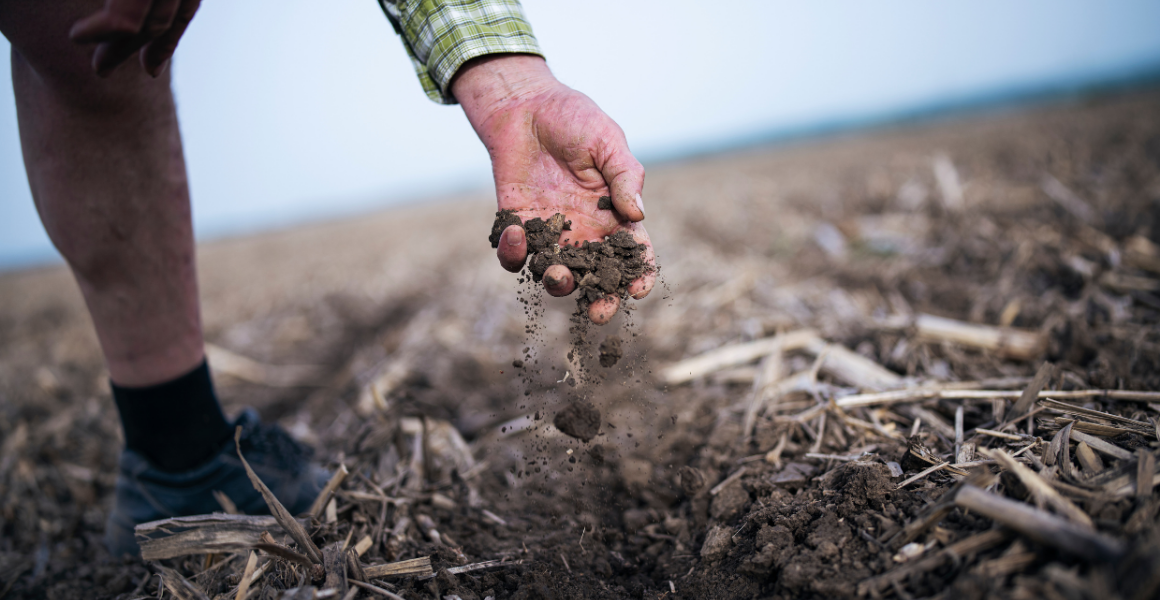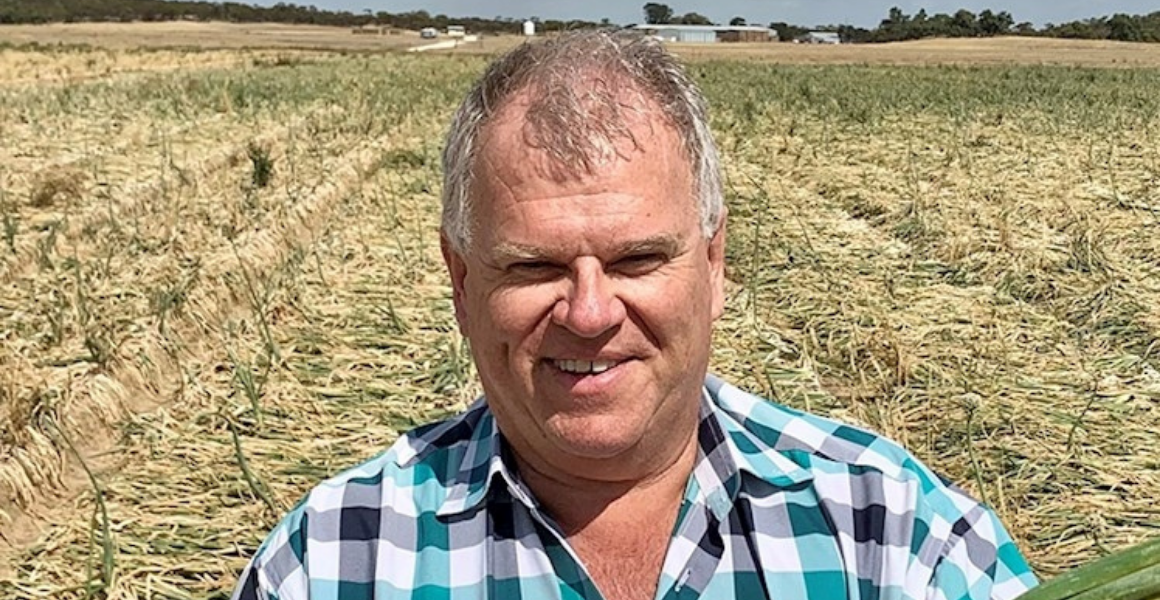Onion industry export strategy: a new roadmap to drive export success
16 April 2021
Reducing tillage in vegetable crops: Is it worthwhile?
20 April 2021Do you know which Hort Innovation Regional Extension Manager is working to enhance the coordination, communication and application of R&D outcomes in your region?
To support growth in the horticulture sector, Hort Innovation launched an extension initiative that involves staff based in the regions, who will play a linking role within industry.
A series of written and video profiles of the team have been developed so that you can get to know your Regional Extension Manager, and hear about their background in Extension and what skills they bring to the role.
Click here to learn about Regional Extension Manager for the Tri-State region, Jay Cummins, in this article and video:
Jay, can you tell us about your career so far. How did you end up working in extension?
I was first inspired by my extension lecturer at Roseworthy College where extension science and rural sociology were subjects that were tacked onto the end of our agricultural science degree. After graduating, I started off as an extension agronomist working on the West Coast of South Australia. Later I worked in the SA Mallee, in a one-person office at a place called Lameroo.
In my early career I undertook a post-graduate diploma in agricultural extension at the University of Queensland and received a baptism of fire into modern soft-systems extension theory. This further inspired me to undertake a PhD at the University of Adelaide, focusing on the adoption of technologies by Australian grain growers.
A change in my career focus saw me increasingly work in international extension-related projects across Africa, Middle East and Asia, with most of my work focusing on the Indo-Gangetic Plains of northern India. My passion for extension was second to the inspiration that I drew from working with extension professionals and smallholder farmers across this region. I often pondered how the many extension professionals that I worked with remained motivated, for little or no reward at times.
To answer this question, I undertook a Doctorate of Business Administration at Southern Cross University, where I examined the motivational characteristics of young agricultural professionals in developing and developed countries. In a nutshell, my research identified that motivated professionals prefer intrinsic reward systems (that is, intangible recognition such as a sense of achievement) and have immense resilience that is based on having strong social group networks including ‘mateship’, a high degree of altruism and authenticity.
Prior to joining Hort Innovation I ran my own consulting business, International Agriculture for Development, providing specialised extension research, innovation and capacity building services across Australia and internationally.
How would you describe extension?
Extension is a process of influencing the behaviour of others that results in the gaining of benefits in an agricultural system. It is having the ability to understand human behaviour and decision-making processes. Extension is also about having respect for those who choose to do what they want to do, since for many there are valid reasons for their behavioural responses to a particular situation.
Extension presents an opportunity and a process to innovate, to create an awareness and motivation for change, to allow farmers and stakeholders the opportunity to realise their full potential and achievement of goals on a personal, family, business, community and industry level.
Do you have any achievements from your career that you’re particularly proud of?
Having the opportunity to work with a diverse range of farmers and stakeholders is extremely rewarding on a personal and professional basis. From working with some of the poorest farmers and communities in the world, through to working with some of the most innovative growers in Australia, these elements provide me with a great deal of personal motivation.
The opportunity to motivate and inspire others, to help people believe in themselves are all achievements that I value greatly. It doesn’t matter where you are in the world, all farmers behave the same when it comes to adopting new technologies and innovations, managing on-farm risks, trying to maximise returns for produce in the marketplace, as well as creating opportunity for their children as future farmers.
How does your current role differ from traditional roles in extension, such as industry development officers? What drew you to this role at Hort Innovation?
My role with Hort Innovation presents a unique opportunity to work with other like-minded extension professionals. We all want to positively influence how research outcomes and industry best management practices can be adopted for maximum impact and benefit.
Hort Innovation is very innovative in relation to its extension thinking. We are on the front foot in relation to identifying how RDC’s can be more effective in supporting the extension process, and most importantly, influencing real change at the grower level. An old extension proverb is that “research is not complete until adoption takes place”.
What region will you be working in? How will your work bring benefits to this region?
I’m working in the Tri-State region which covers South Australia, the Sunraysia region of northern Victoria, and parts of New South Wales. It is a fantastic region that is blessed with irrigation potential, productive soils (when fed right) and extremely innovative and careful growers and businesses.
The Hort Innovation Extension team will be working with different industry groups to help bring about positive on-farm change. We will have the opportunity to strengthen existing networks and provide a strategic approach to addressing regional extension priorities and industry needs.
What key projects are your team working on at the moment?
There’s plenty of action happening at the moment in our Extension team. We’re providing significant input at the moment into Hort Innovation’s Strategic Investment Plan (SIPs) renewal process. These plans will guide how levies are invested over the next five years. This process is providing the opportunity to connect with key industry players as part of the consultation process to ensure that the plans are relevant and hit the target in terms of where investments need to be directed.
There are a number of other exciting projects that are in the process of kicking off, including the development of an extension strategy for the onion industry; the piloting of innovative approaches to engaging with the agribusiness input supplier sector in extension delivery roles; as well as supporting the good work that is already happening in other industries, such as almonds and vegetables.
What are you most looking forward to in your role in 2021?
This year will bring new challenges and opportunities for industry. It pays not to look in the rear vision mirror too much, but to look ahead to how we can make the horticulture industry even more innovative, productive, profitable and resilient. I’m looking forward to the opportunity to engage with, and learn from growers, and in time the opportunity to challenge their thinking and build an even more effective horticultural extension network across the Tri-state region.
How can growers and industry get in touch with you?
I’m available to chat on 0429 602 227 or you can email me at jay.cummins@horticulture.com.au.

